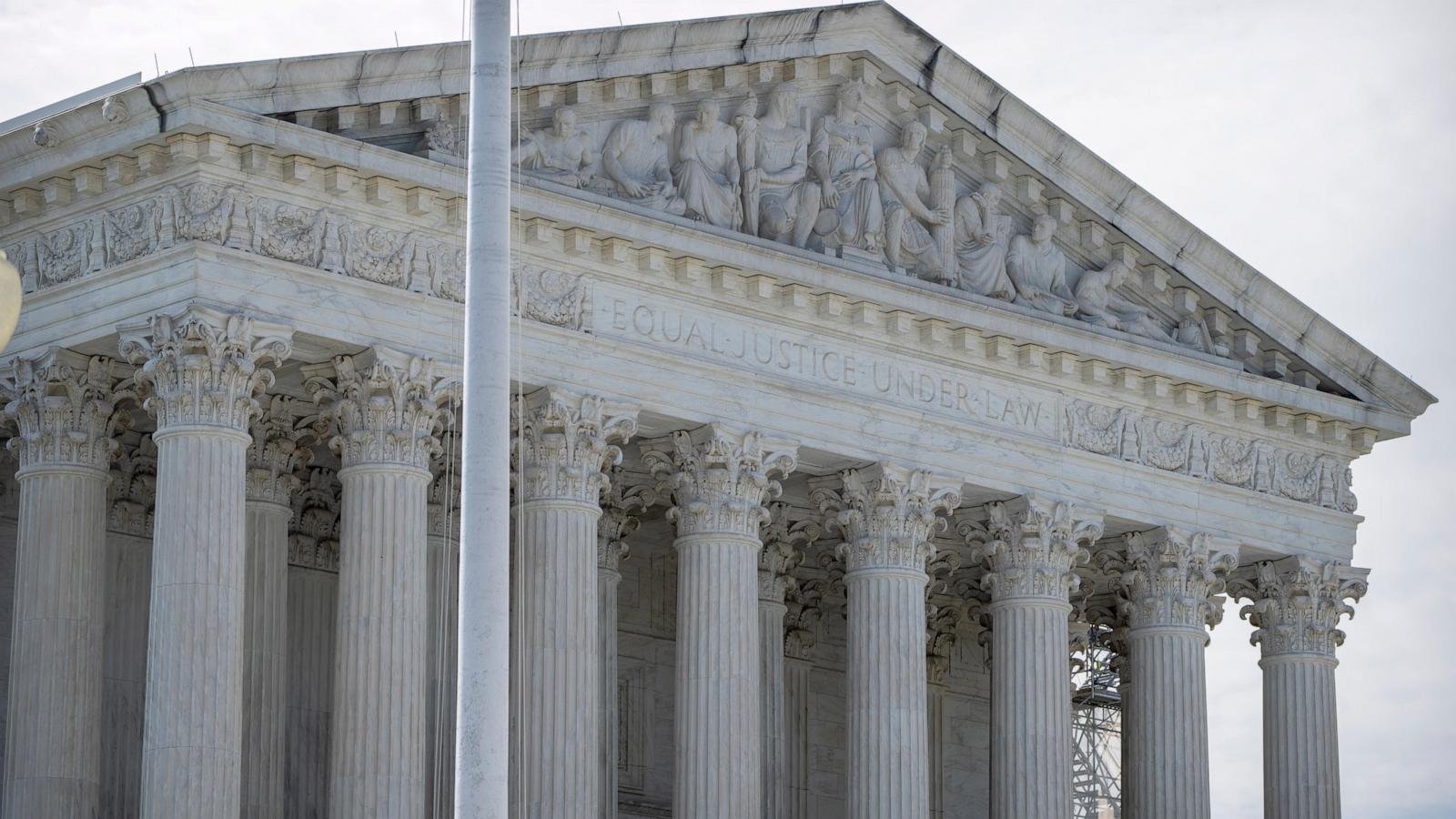Supreme Court Weighs In on $8 Billion School Tech Subsidy Fight: A Deep Dive into the Universal Service Fund
The Supreme Court's decision to review a ruling against the Universal Service Fund (USF), a program that allocates billions in subsidies for school and library internet access, has sent shockwaves through the telecom industry. This isn't just about money—it's about the future of internet access for our nation's students and the constitutional limits of federal regulatory power. Prepare to be stunned by the legal battle brewing and how it could reshape the digital landscape.
Delving into the Details: The Universal Service Fund and its Legal Challenges
The USF, established to bridge the digital divide, channels billions of dollars annually from telecommunications providers to fund internet access in schools, libraries, and rural areas. But this seemingly benevolent program has landed squarely in the crosshairs of legal challenges. The crux of the matter lies in how this funding mechanism is structured. The Federal Communications Commission (FCC), the regulatory body responsible for the USF, has been accused of excessive delegation of authority.
The Constitutional Crossroads: Non-Delegation Doctrine
At the heart of this case is the non-delegation doctrine, a constitutional principle that restricts the power of Congress to delegate significant legislative authority to administrative agencies like the FCC. Essentially, it asks: can Congress simply hand off its lawmaking duties?
The Fifth Circuit Court of Appeals, a notably conservative court, ruled 9-7 that the FCC's actions represent an unlawful delegation of legislative power. This decision, which challenged the method of funding itself, isn't just about the dollars involved. It raises deep questions about the balance of power between the branches of government, sending tremors through regulatory frameworks nationwide. It's the type of decision that could dramatically alter the regulatory landscape and have cascading effects for years to come. Many fear that invalidating the USF's funding mechanism could cripple essential connectivity initiatives across the country.
The High Stakes of the Supreme Court Decision
The Supreme Court's review of this case marks a pivotal moment. Conservative justices have signaled potential support for a stricter interpretation of the non-delegation doctrine—a development with potentially far-reaching implications for countless regulations. A ruling against the USF could set a precedent that affects far more than just school internet access. It's a clash of ideologies that could define the legal limits of government regulation for years to come.
Ripple Effects Across the Regulatory Spectrum
The outcome of this Supreme Court case is not isolated to the world of telecom regulation. This case has far-reaching implications that extend across various federal agencies, affecting how numerous industries operate. A strengthened non-delegation doctrine might force Congress to become more deeply involved in the fine details of regulation, potentially leading to less efficient rule-making. Some industries have already expressed their fears about potential impacts in their own regulatory processes. This makes the implications very significant, with broad consequences for economic stability and regulatory predictability.
Unpacking the Arguments: A Closer Look at the Legal Challenges
Consumer Research, the advocacy group challenging the USF, asserts that the funding process violates the non-delegation doctrine due to the FCC's delegation of authority and subsequent involvement of a private entity. The government, however, argues that the FCC's actions fall well within its regulatory authority, pointing out the clear mandate Congress granted to it in order to oversee a program of such significant importance to schools, libraries and other rural institutions.
Arguments of the FCC and Consumer Research
The battle lines are drawn sharply between arguments. The FCC defends its actions and maintains that the system complies with existing statutory frameworks. Consumer Research, however, vehemently opposes this viewpoint, asserting the undue authority that has been placed into the hands of a regulatory body through delegated legislative powers. The details and complexity of these opposing legal strategies suggest the extreme weight of this pending Supreme Court ruling, and its ultimate ramifications on American democracy.
Looking Ahead: The Implications of the Supreme Court's Decision
The Supreme Court's decision will significantly impact not only the funding of the Universal Service Fund but also the balance of power between the legislative and executive branches. Regardless of the outcome, it's poised to change the regulatory landscape, setting a precedent for future legal challenges concerning administrative agencies and the scope of their authority. Whether Congress is ultimately responsible for micromanaging all regulations or whether more regulatory independence is desirable and possible, a new era in governmental regulatory balance may well be on the horizon.
Impact on Schools and Libraries Nationwide
For schools and libraries already grappling with budget constraints, a negative ruling would drastically impact their capacity to provide crucial internet access for their communities. The lack of adequate funding from this important government program would have grave and long-term effects on access for educational purposes for millions of people.
Take Away Points
- The Supreme Court's review of the Universal Service Fund (USF) is a major development with far-reaching consequences.
- The case highlights the delicate balance between congressional power and agency authority.
- The non-delegation doctrine is at the heart of the legal debate and the outcome will significantly influence how it is interpreted moving forward.
- The decision will impact not just school internet funding but broader administrative power as well.




